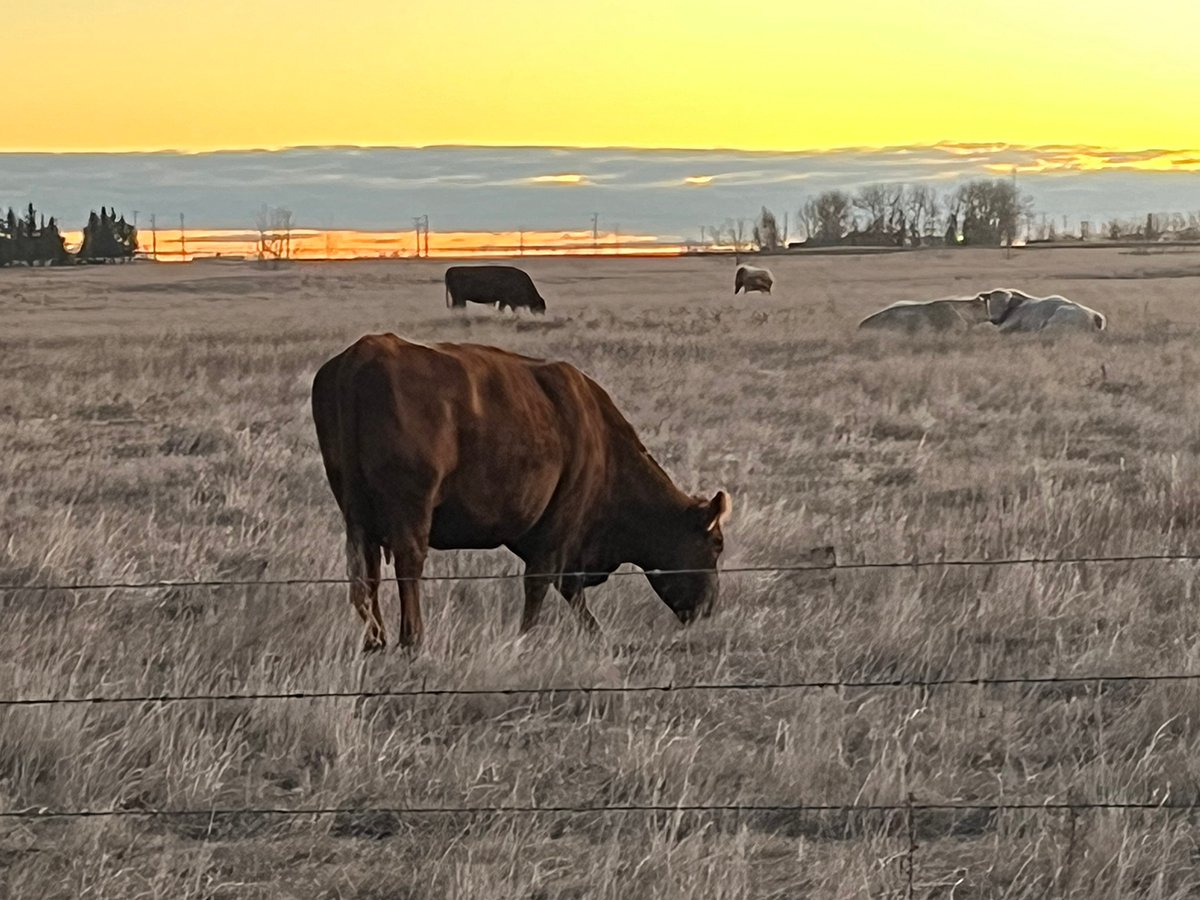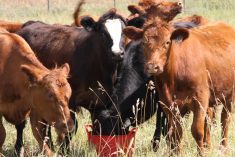CALGARY – This could be the winter of discontent no matter what the outcome of a controversial Alberta plebiscite on grain marketing.
Whether the voters register Yes or No, the war isn’t over.
“The faces may change but the agitation won’t,” said Rick Thiessen of Strathmore.
A partner in Thiessen Farms, an extensive cropping and feedlot operation, he is confident farmers will vote yes to a freer market, especially those in the diversified south.
Demands for such a vote have reverberated in Alberta for some time but the greatest concern among farm leaders is that apathy in the countryside may lead to a light voter turnout and weaken the forces of the yes side this November. The plebiscite questions whether farmers want to sell their grains exclusively through the Canadian Wheat Board or through other methods of their choice.
Read Also

Animal protection delivery to change in Saskatchewan
The Saskatchewan government is looking for a new agency to handle animal welfare after Animal Protection Services of Saskatchewan decided not to renew its contract next year.
As a member of the Wheat Board Advisory Committee, Dan Cutforth stands alone in his support of the vote.
“My biggest concern is that the numbers will be so small the results won’t have any weight behind them,” he said from his farm at Barons.
He said the vote could effectively poll Alberta farmers’ views of the board even if the outcome has no legal clout.
The provincially sanctioned vote is not legally binding since the board is under federal jurisdiction. However, those supporting a dual marketing system contend that change is inevitable. They argue change instigated by western Canadian farmers is preferable to outside influences forcing the board to reform.
“Its not going to be philosophical change. It’s going to be political change that’s going to be forced on us,” said Cutforth.
On the no side, Art Macklin of DeBolt and a nine-year veteran of the board advisory committee, said he’s witnessed some misunderstanding in his northern community about the board’s role. He wants information meetings to give people a clear picture about the board and the implications such a vote may carry.
He questions the wording of the plebiscite, which he calls an emotionally charged question that emphasizes freedom over the security of a single desk grain marketer.
“If producers have any time at all to think about this and have a little bit of information put in front of them, they just might be disgusted with these kinds of tactics to try and influence their vote,” he said.
He intends to campaign for the No side and will encourage the advisory committee to sponsor information forums in the period leading up to the vote on Nov. 14-24.
Another northerner, Bill Fedeyko of High Level who sits as an Alberta Wheat Pool delegate, is concerned about the effect a yes vote might have on Peace River farmers. The export market is their best option since there are few domestic buyers nearby.
Disaster for isolated areas
“Basically the issue of a free market for wheat and barley is the most disastrous thing that could happen to us north of Edmonton, especially in the High Level-LaCrete area where our only alternative to market is 500 miles away,” he said.
If wheat and barley are taken off the board to allow more than one export seller, he would have to forfeit the sales expertise of the board and hire a marketing agency to sell his grain. Ultimately, it would cost him money, he said.
“It would cost me a lot more than the three cents a bushel that it costs me right now for the Canadian Wheat Board (to sell my grain). That’s a hell of a deal,” said Fedeyko.
Buck Spencer of Nobleford, a tough critic of the status quo, agrees southern Alberta farmers have more choices. There’s more sales options because of the diversity of crops in the south. And, it’s a short drive to American markets where good money for high weight barley and high protein durum entices Canadians.
Yet he senses farmer complacency and wants people to take the time to vote.















